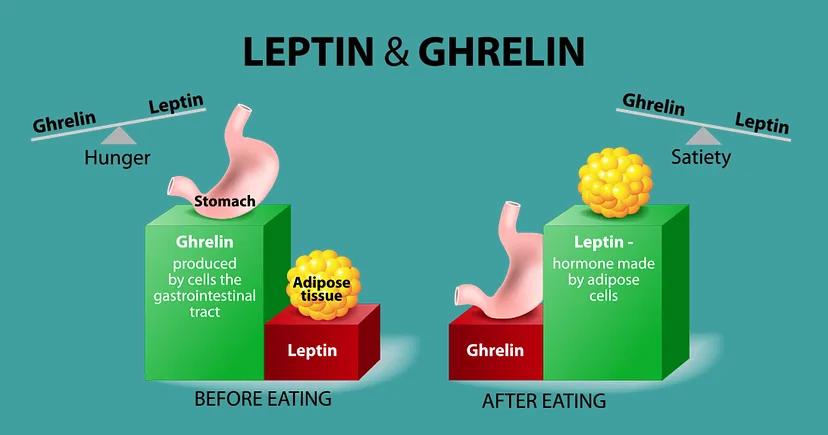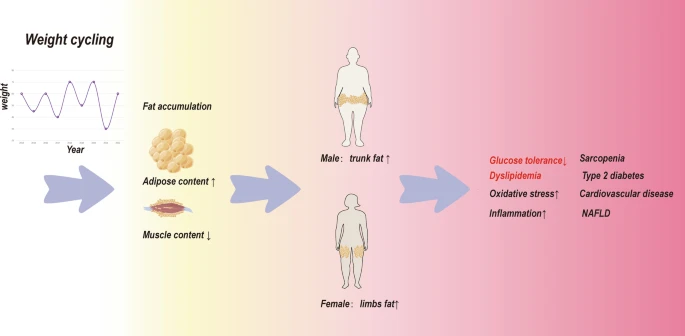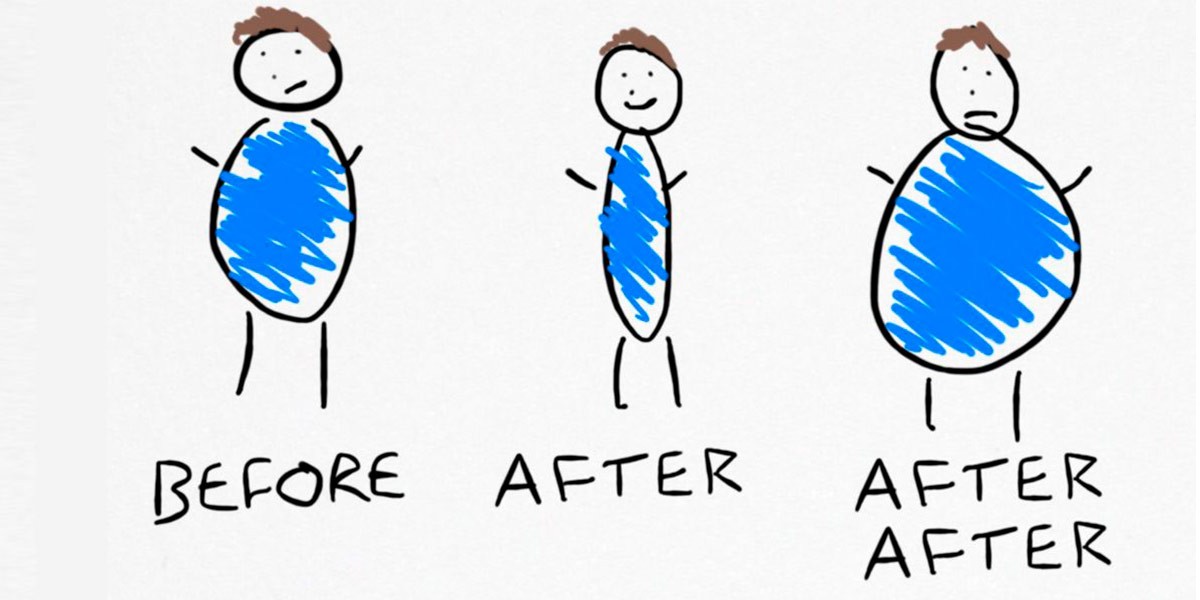By Frangiska Mylona,
The image is all that matters in today’s society. Media and society typically define the “ideal” body as a slim figure with proportionately distributed weight at the “appropriate” places. This image influences millions of people every day making them feel uncomfortable about their physical appearance.
To achieve that result, as one’s challenge or if it is advised for medical purposes, weight loss is one of the goals of millions of people around the world to improve their body image. In either case, losing weight for a healthier lifestyle is an act of self-improvement, yet, balance is the key to achieving the best possible results without starvation or avoiding temporary outcomes. Keep in mind that the most effective way to lose weight will not come through starvation or medicines (like Ozempic), which most of the time, are misused and strain the organism, resulting in fatal outcomes. So, in terms of nutrition and for proper body function and thriving, the appropriate amount of proteins, carbohydrates, minerals, vitamins, and fats are needed in everyday nutrition.

The “yo-yo” effect is about the phenomenon of the regaining of weight after a period of weight loss. It is also known as “weight cycling” and it represents this vicious cycle, posing one of the major challenges for people who try to reach their target weight.
To understand this phenomenon’s mechanism, it is important to talk about hunger physiology. Hunger is defined as the desire, sometimes strong desire, for food for the body to regain energy and store nutrients that will benefit in the future or utilize them for the synthesis of important molecules for its function and well-being. There are two important counterpart hormones when it comes to hunger; Leptin and Ghrelin.

Leptin is primarily released from the adipose tissue ( while some bibliography sources claim that there is a small amount of Leptin produced in the brain). As its name indicates, stemming from the Greek work “leptos”, which means “thin”, this hormone’s role is to act on the hypothalamus to inhibit hunger and boost metabolism. Other functions of Leptin can be observed when it comes to reproduction, blood pressure regulation, and the immune system. All these effects impact energy metabolism and can change the body’s balance. Its plasma levels rise after weight gain and fall after weight loss.
On the other hand, Ghrelin is secreted from cells of the fundus in the stomach, it also acts on the hypothalamus and is responsible for the sensation of hunger. Its levels rise before meals and decrease after meals. It is thought to play an important role when it comes to syndromes like Prader-Willi, where patients experience insatiable appetite and it is also one of the targets regarding bariatric surgeries where the fundus of the stomach is removed therefore there is lower circulating Ghrelin that contributes to weight loss. Other functions of this hormone, include its role in the sleep-wake cycle, in taste sensation as well as in glucose metabolism.

As it was mentioned earlier, the “yo-yo” effect can occur even when diet restrictions and heavy physical exercise are followed. This repeating cycle is attributed to the fact that patients, instead of consulting a dietitian and a doctor for suggestions regarding weight loss, follow unconventional and unhealthy weight-loss methods, including the use of weight loss pills along with the lack of proper exercise as well as extremely calorie restricting or fasting diets that lead to muscle tissue loss instead of fat loss! Keep in mind that when the muscle mass is lost, the metabolism slows down meaning that losing unwanted weight becomes even more difficult.
Apart from the above-mentioned complications of the “yo-yo” effect, there are even more deleterious consequences. This weight fluctuation cycle can lead to hyperinsulinemia and insulin resistance increasing the risk for hypertension and dyslipidemia leading to tachycardia and an increase in the cardiac workload that can lead to vascular injury.
The weight cycling can also lead to long-term adverse effects regarding the health of the patients. Many studies implicate that there is an increased risk for eating disorders along with other psychological disorders and that there is also a high chance of developing diabetes type 2, cancer, bone fractures, and increased mortality.

There are also studies about the hunger hormones and their behavior during weight cycling. Researchers fed 50 people with Nestle SA’s Optifast combined with two cups of vegetables for ten weeks. It was observed that Ghrelin and Leptin continued to send signals forcing the body to eat more. During the ten weeks of the study, Leptin levels have fallen 65% while the remaining 35% levels of Leptin remained below their original levels, for even a year later. On the contrary, Ghrelin rose significantly with weight loss and remained higher till the end of the study. Also, the volunteers reported experiencing an increase in their appetite while losing weight with this feeling of hunger remaining even a year after the study.
To avoid these adverse effects of weight fluctuation, it is obligatory to consult a dietitian, a nutritionist as well and a doctor to decide if there is a need for weight loss as well as to consult them for organizing a correct program when it is needed. Some important tips to avoid the “yo-yo” effect include targeting body fat loss instead of muscle mass loss, not skipping meals, but consuming lower-calorie foods, for example by avoiding eating deep-fried foods, as well as exercising regularly for a long period.
To sum up, each body is differently built. Still, equally beautiful, and although losing weight can be beneficial to improve one’s health and to rescue oneself from disastrous health effects in the future as well as to boost one’s mood and confidence, it is needed to find a weight loss plan along with an expertise team rather than by acting carelessly or consuming drugs that can have even more fatal effects. To be healthy means to live a balanced life so subsequently to adopt healthier habits like having a healthier diet, exercising regularly, and to aim for the better version of oneself rather than the image that society wants to superimpose on the people.
References
- Anthony Y. Yeung, Physiology, Obesity, Neurohormonal Appetite And Satiety Control. Available here
- Dr. Ananya Mandal, MD, Yo-yo dieting can affect appetite hormones for up to a year. Available here
- Healthy Weight Loss. How To Stop The Yo-Yo Effect. Available here
- Theodore X. O’Connell, Ryan A. Pedigo, Thomas E. Blair, Crush Step 1, The Ultimate USMLE Step 1 Review.
- Staci Nix, MS, RD, CD, Williams’ Basic Nutrition and Diet Therapy, 15th edition.




